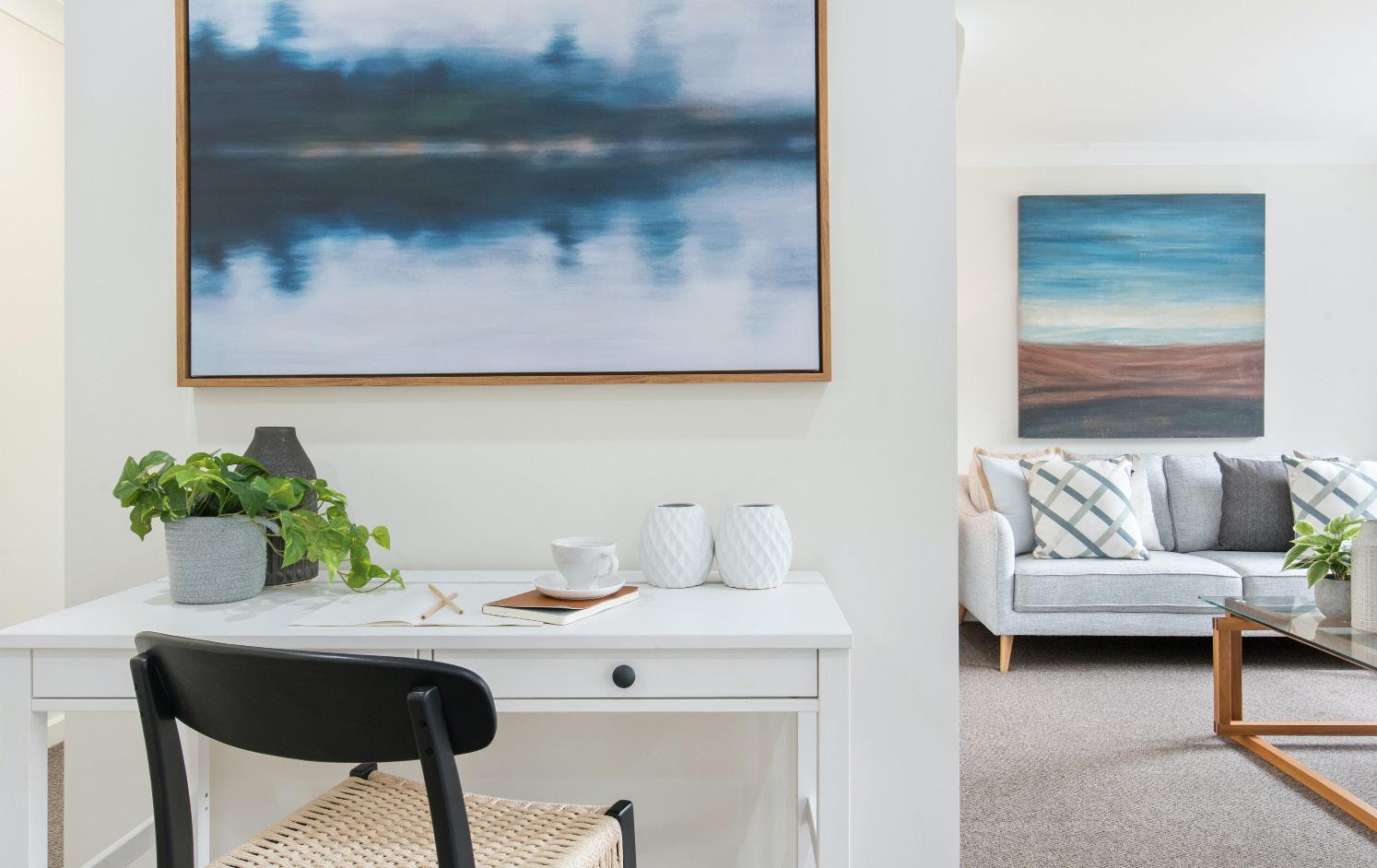
2 minute read
Maintaining the property: Repairs, wear and tear
Maintaining your property: Repairs, wear and tear
Who is responsible?
As a landlord, it is your responsibility and your expense to maintain the property. We are here to help you with this in any way we can.
At Najib we understand that every landlord may have different preferences when it comes to the maintenance of your property.
We cater for landlords who like to be informed for each and every issue; those who can attend to their own maintenance, those who have their own preferred trades to call on, and those who wish for Najib to coordinate the entire process without interrupting their day.
Using our reliable software and regular inspections with photographic evidence, costly maintenance can be minimised. If repairs are required due to normal wear and tear, you’ll be notified straight away with fixes undertaken at your expense.
If a tenant damages your property (whether carelessly or intentionally), they may be responsible for the cost of repairs.
Your property manager facilitates all repairs and maintenance through a team of trusted and qualified tradespeople. Where required, we arrange quotes, discuss options and costs, and keep you informed of progress.
Our list of preferred trades handles all aspects of property maintenance. They are licensed, insured, and trusted to provide good quality service for an appropriate price.
What is considered ‘wear and tear’?
Common sense prevails, but legislation allows for day to day living. A few scuffs or grazes, and gradual wear of items in your property is to be expected. A hole in the wall, for example, is not general wear and tear.
Your In-going Inspection Report is the best measure to compare the ‘before and after’ condition of your property while also factoring how long your tenant stays on.
It makes sense to spend money every 5-7 years, freshening up your investment, updating worn appliances and fixtures to retain market value and gain the best rental returns possible.
Does a landlord maintain the lawns and gardens?
Unless otherwise agreed, the tenant is required to mow lawns and weed the gardens as ruled by legislation.
Regular pruning and hedge trimming is a landlord’s responsibility.
Why do I need to provide appliance manuals?
If damage or a breakdown occurs to an appliance without tenants having access to an operating manual, or written or verbal instructions for its use, you cannot hold the tenant liable for repairs, irrespective of misuse by your tenant.
Therefore, as a landlord, it is your obligation to supply manuals to safeguard appliance damage and minimise your risk.
You can also talk to the Property Manager about sourcing instruction manuals either online or by other means.
Preventative maintenance
Preventative maintenance (such as gutter cleaning, smoke alarm servicing, and heat pump servicing) is good practice, as it reduces unnecessary risk as well as possible larger issues later. This type of maintenance can be programmed well in advance.
General maintenance
General maintenance (such as leaking taps, garden pruning, and replacement of tired appliances) needs to be attended to as soon as is practical. Your property is the tenant’s home so keeping it in good working order and well-presented shows the tenant you care and sets a good example for the tenant to follow.
Emergency maintenance
Emergencies (such as broken windows, locks, burst pipes, and gas leaks) need to be dealt with as a priority. A discretionary expenditure limit authorises your property manager to make necessary arrangements ASAP to minimise risk to both the landlord and tenant.








